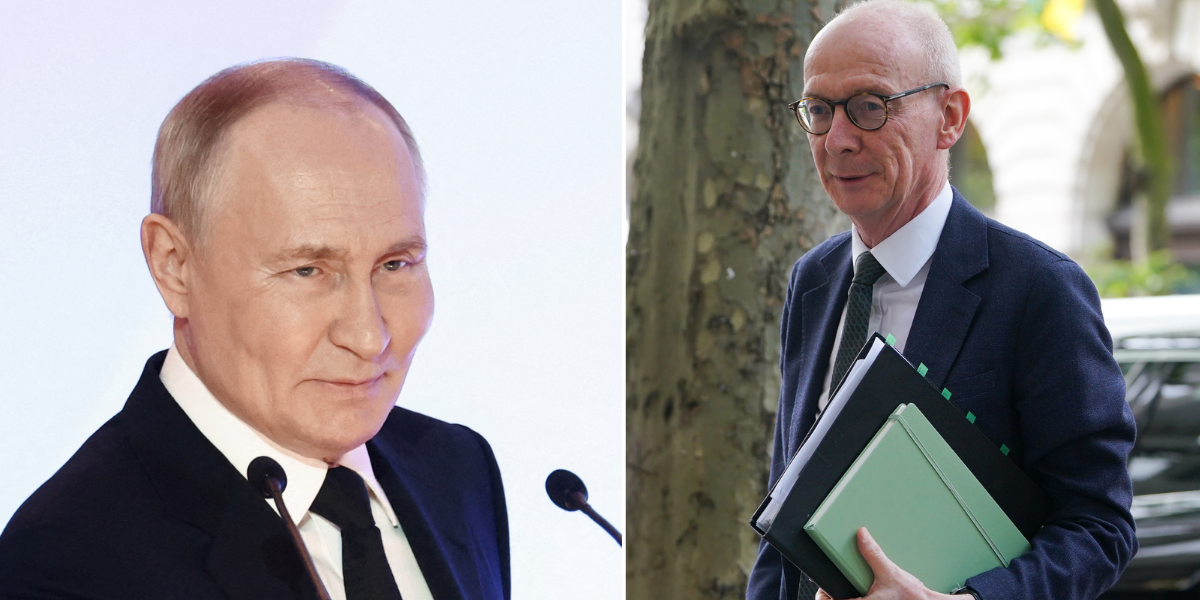A deepfake phishing scam fooled an employee at a multinational firm into transferring $25.6m to fraudulent bank accounts, thinking he was following orders from deepfake colleagues appearing on a video conference call. This case underlines the need for better awareness training and security measures, as these manipulations, which can even trick biometric authentications, are increasing. With live audio and video increasingly unreliable, experts advise heightened vigilance, multiple approval levels for money transfers, and adherence to ‘least privilege’ principles.

Vladimir Putin prepares new war with ‘traditional enemy’ Britain after NHS cancer treatment delayed by targeted campaign
Vladimir Putin is poised to potentially launch a series of cyber attacks on the UK that could disrupt the country’s infrastructure and economy, warns Chancellor



